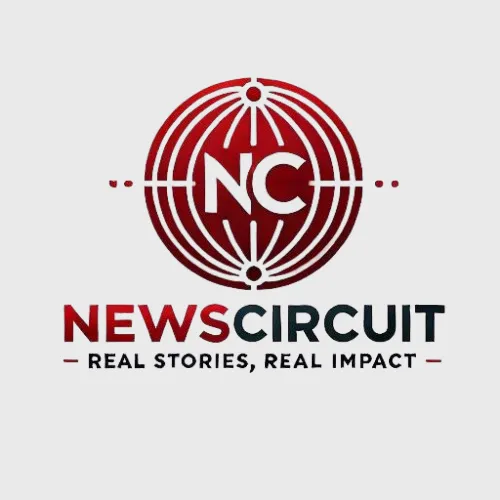Brazil’s Supreme Court clears way to hold social media companies liable for user content

In a historic decision, Brazil’s top court has changed the rules for how social media platforms handle harmful content. The ruling forces companies to take faster action or face legal consequences.
Brazil’s Supreme Court Reshapes Digital Accountability
On June 26, 2025, the Supreme Federal Court of Brazil voted 8–3 to hold social media companies liable for user-generated content. This includes platforms like Meta (Facebook, Instagram), Google, X (formerly Twitter), and TikTok.
Previously, Brazil’s Internet Bill of Rights (Marco Civil da Internet) protected platforms unless they ignored a court order. The court’s new decision removes that safeguard. Now, platforms must take action after receiving a formal notice—not just a legal order.
What the Ruling Means
The court ruled that tech companies are responsible for illegal or harmful content if they fail to remove it quickly. This includes posts that promote hate, racism, child exploitation, political violence, or false claims that endanger public safety.
Justice Luís Roberto Barroso said platforms cannot ignore their role in shaping online discourse. “Freedom of expression is not a license for illegal activity,” he emphasized. His statement reflects the court’s belief that digital safety must take priority.
A Global Ripple Effect
Brazil is one of the largest social media markets, with over 100 million active users. The ruling aligns Brazil with Europe’s Digital Services Act, which demands proactive content moderation. It contrasts sharply with U.S. policy, where Section 230 still shields platforms from similar liability.
Experts say the decision could inspire other nations to follow suit. They view the move as a step toward safer online environments, especially in democracies facing growing digital threats.
Tech Companies Raise Concerns
Big tech firms have criticized the ruling. Meta, Google, and X warned that it might lead to over-censorship. They argue that companies will delete content too quickly to avoid lawsuits, even if the content is legal.
In a joint statement, companies said the ruling could harm free expression. They also claimed it creates legal uncertainty and may hurt innovation and digital growth.
However, critics argue that platforms already use moderation tools for their benefit. They remove spam, graphic violence, and ads that violate guidelines. If platforms can do this for business reasons, they can also act to protect users.
Political Context and International Impact
The ruling comes at a time when Brazil’s government is pushing for stronger online regulations. President Luiz Inácio Lula da Silva has supported stricter control of digital platforms. He believes they play a role in spreading falsehoods and inciting unrest, especially during the 2023 Brasília riots.
The decision also drew attention from abroad. Some U.S. lawmakers warned that it could limit online speech. They fear it may be used to silence political opponents or journalists.
Still, Brazil’s highest court defended the judgment. The majority of justices argued that platforms must do more to prevent digital harm.
What Happens Next?
The ruling will take effect after its formal publication, expected within weeks. Once active, users who suffer harm can take the following steps:
- Notify the platform about the harmful or illegal content.
- If no timely response comes, they can sue the platform directly.
Legal experts expect a wave of lawsuits. These will likely come from people affected by hate speech, defamation, or misinformation.
Platforms will need to improve their complaint systems. They must act faster and provide better transparency. Reports about takedowns, user complaints, and content rules may become standard.
Civil Society and Legal Experts React
Digital rights groups welcomed the decision. They said it offers victims a clear way to seek justice. Groups representing women, LGBTQ+ communities, and racial minorities praised the change. They often face online abuse and have long called for stronger protection.
At the same time, some experts warned about unclear rules. Marina Carvalho, a legal analyst at InternetLab, said vague definitions could allow misuse. She urged lawmakers to pass new legislation that outlines clear responsibilities and boundaries.
Final Thoughts
Brazil’s Supreme Court has taken a bold step in digital regulation. The decision makes it clear that platforms are no longer above the law. They must act quickly and responsibly—or face real legal risks.
This ruling may mark the start of a new era for online safety in Brazil. It challenges global tech giants to rethink how they protect users and uphold human rights.






